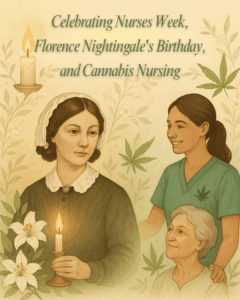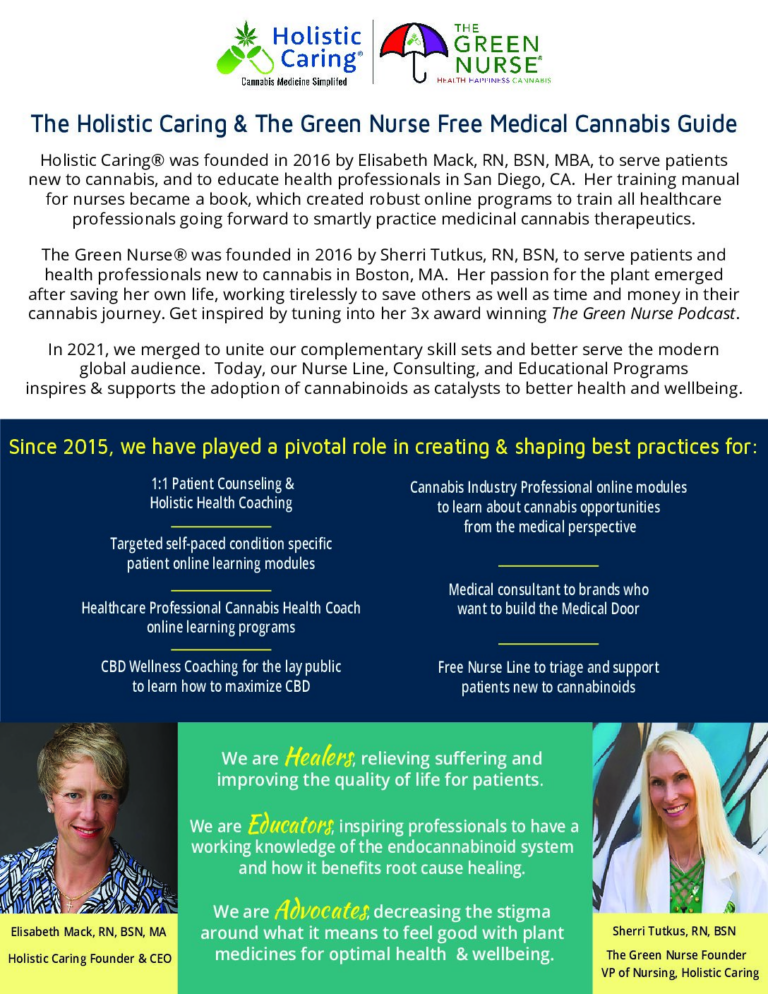Why do so many people fall victim to mental illness these days? Over 16 million adults have suffered a major depressive episode in the past year, and there’s no telling how many others struggle through their days riddled with anxiety without seeking any help. Chances are, you’ve felt pressure get the best of you, and this is a clear sign that you need to focus on self-care. It includes simple practices such as getting enough sleep, saying “no” when people ask too much of you, and eating healthfully.
Including a variety of nutritious foods keeps you well-fueled to tackle whatever challenges come at you and inspires you to make intelligent choices the next time you hit the grocery store so you stay fit and never get bored with what’s on your plate. It’s a positive feedback loop that pays off over and over. Of course, this is just one example. Here’s a closer look at what self-care as a whole can do psychologically to put you back on top.
It Relieves Stress
Relieving stress is a giant leap forward, as stress is one of the major causes of all mental illnesses. It also leads to obesity, diabetes, and even cancer if left unchecked. While you can’t always eliminate sources of worry at work and at home, you can build up resilience by keeping healthy habits and learning to relax through self-care. Regular sessions of mindful meditation may do the trick, as they help you deal with pressure rather than let it get to you.
It Mellows Your Mood
When you get cranky, others respond by snapping back, which makes you even angrier — and so the vicious circle continues. The process may have started with a poor night’s sleep or a diet low in protein, which regulates the absorption of carbohydrates and gives you a boost of “feel good” dopamine. Again, attention to how you treat yourself, followed by the necessary adjustments, brings your mood under control so you can be level-headed with others.
It Eliminates Cravings
Eliminating cravings will stop you from bingeing on junk food or turning to the bottle after a bad day, both of which lead to a quick high followed by a painful crash. Many common practices of self-care put a stop to this. Healthy eating keeps you full on nutritious food, while relaxation prevents stress from triggering you into bad habits to begin with. You also have wholesome hobbies like reading or playing music to distract you from temptation.
It Boosts Creativity
You may not think you need creativity unless you’re an artist, but you do. Chances are you’ve been encouraged at work to “think outside the box,” and that’s precisely what creative thinking is: seeing problems from a different perspective and finding unique solutions. Self-care encourages this behavior. According to The Creative Mind, the imperative to slow down helps you see paths you didn’t know were there, which could help in your professional and social life.
It Encourages Reflection
By saying “no” and making more time for yourself, you have the chance to slow down, be alone with your thoughts, and consider your place in the world as well as where you’re going. This helps you shift your mindset and become more positive, says a writer with The Blissful Mind. How you respond to stressful situations also changes as you begin to recognize your own faults and react to others with more compassion and understanding.
It Makes You Whole
Stress often feels like being torn to pieces as you respond to the different demands on your time and energy that are pulling you in different directions. That’s all over once you reclaim a state of calm. Your mind and body are no longer at odds, and neither are your spirituality and professionalism. You can pursue true satisfaction, rather than just material success. As you can see, self-care pushes you forward, while stress holds you back. If you want to cut free and get moving, start now by preparing a healthy meal, meditating, or reading a book, then reflect on how you feel. You’ll definitely see an improvement.
Thank you!
Brad Krause









